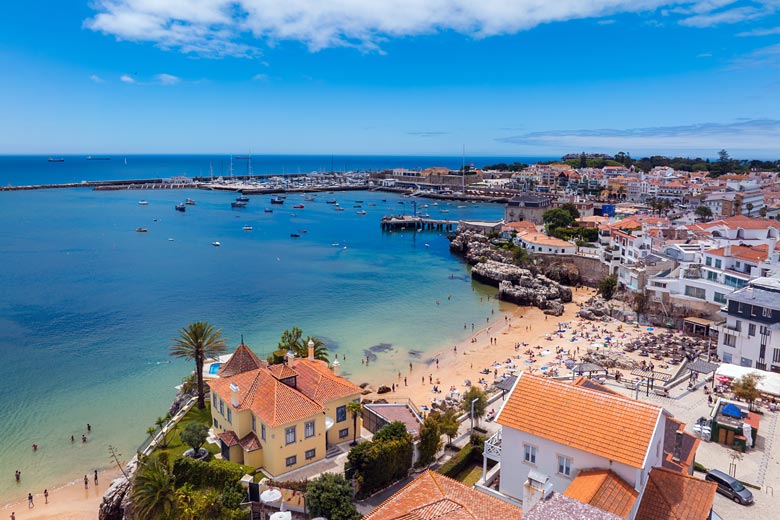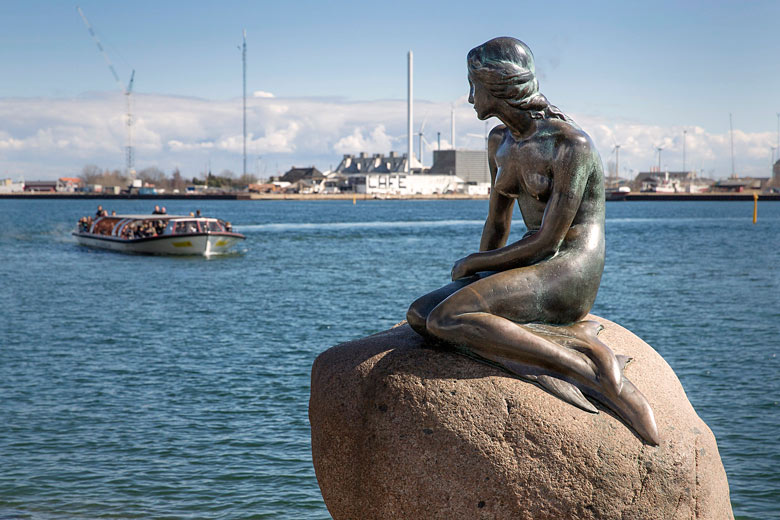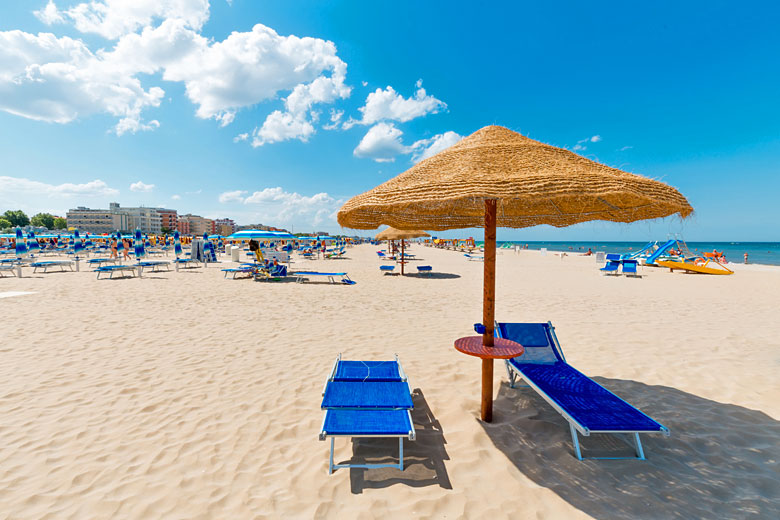Sardinia or Sicily: which of these Italian islands should you visit first?
Sardinia and Sicily are the two biggest islands in the Mediterranean and boast myriad things in common.
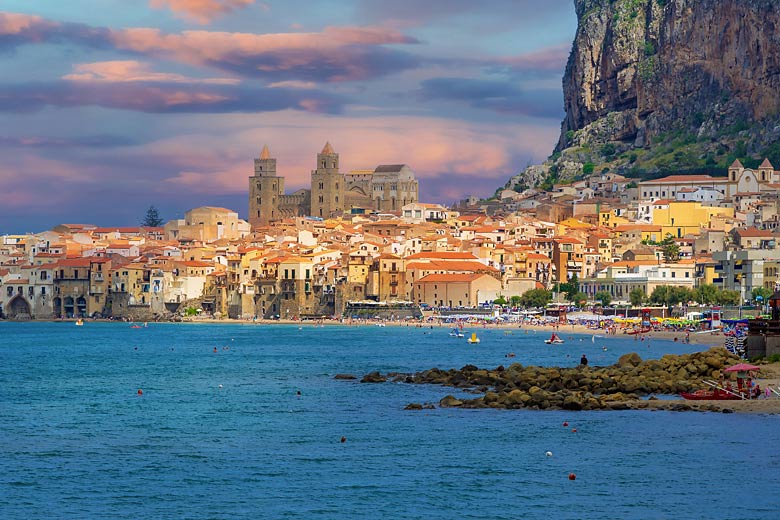
They may both be Italian but there's a world of differences too, so you want to choose the one that stacks up best for your holiday. Here, we find out which of these Mediterranean stunners wins in a straight shoot-out between Sardinia and Sicily.
Getting to Italy: find fabulous deals on holidays to both Italian islands with TUI*.
Scenery
Wild and natural Sardinia* is a scenic wonderland, with less than a third of the population of Sicily. The glass-clear waters may be the most eye-catching draw in the brochures, but backing them up is a rugged hinterland that bursts up towards surprisingly hilly peaks and crags.
Sicily*, though, has Mount Etna, Europe's highest and most active volcano. Famously active, this colossal tectonic superstar is unmissable both from a distance and - in smell - up close.
Etna is the very symbol of Sicily. Slip back down the slopes and citrus groves weave their way down to Sicily's dramatic dalliance with the Mediterranean: think sandy beaches, rocky coves and gnarly wildscapes. Both islands are deeply dramatic, but with Etna, Sicily just shades it.
Beaches
If you love swimming and sunbathing by the water you will be delighted with whichever island you choose. Sardinia has the world-famous sandy Costa Smeralda; here, look out for sandy stunners Capriccioli, Spiaggia del Principe and Liscia Ruja.
But it does not stop there as the island also sports more gorgeous beaches (over 500) sprinkled around its nigh 2,000 km-long coastline. The beaches in Sardinia are the stuff of postcards. And of dreams.
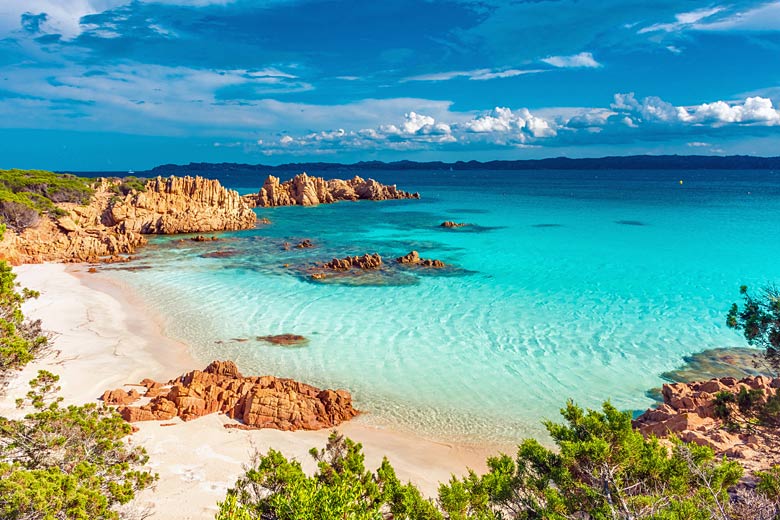
Sicily is no slouch either for beaches along its 1,500 km-long coastline. Smooth sandy stretches are relatively thin on the ground and many remain tricky to get to without a car though.
Some of the most popular swimming spots are pebbly beaches and rocky coves, that come with aquarium clear waters, so they are still a joy. There are sandy beaches (some of them gorgeous) too, like mountain-fringed San Vito lo Capo, with its swaying palms and iced granitas.
Then there are the famous lidos (beach clubs with sun loungers et al) for a more manicured swimming experience. The fact that it has more gorgeous sandy beaches and the most famous coast of all in the Costa Smeralda, it has to be Sardinia.
Resorts
Both islands have a plethora of resorts. The most famous resort area in Sardinia is again the glorious and glitzy Costa Smeralda. Think A-list celebs and serious glamour.
Don't forget La Maddalena too, an archipelago blessed with beauty at every turn, whose nature is protected and its beaches gorgeous; you won't forget Spiaggia di Cala Spalmatore in a hurry.
Many visitors ignore Alghero* in the northwest, but it has beaches and a resort vibe, with the bonus of an airport.
In Sicily, many people flock to the historic towns and cities. Cefalu* is a bone fide beach resort too, with a coastline that brings people from all over Italy* and further afield; the beach stretch eases for 8 km.
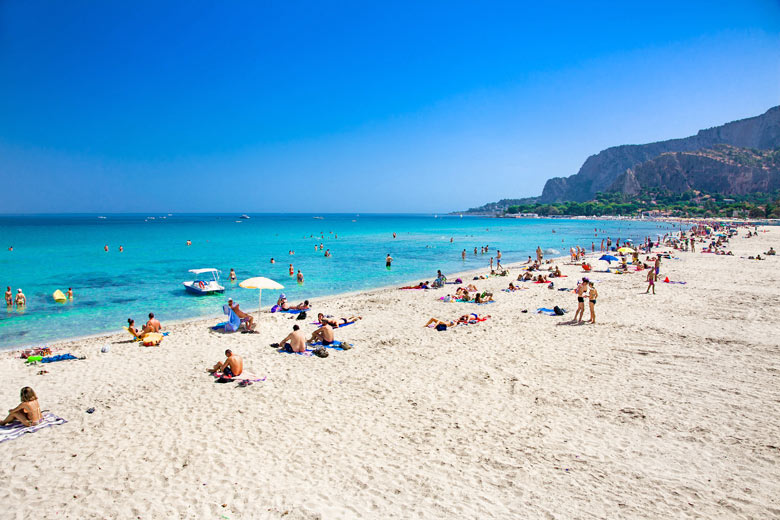
Mondello has a trendier vibe, attracting Palermo's rich and famous since the 19th century. Marina di Ragusa is a more low-key resort that has only emerged more recently; it's popular with watersports enthusiasts too.
Postcard-pretty Taormina offers easy access to Etna, rich history and access down to the coast too, so works well as a base. Sardinia shades this one, with more beach resorts in the conventional sense compared with a love of the lido.
Historic sites
Sardinia is an island with history, kissed with Italian, Spanish and Arab tinges. Then there are the fascinating prehistoric Nuraghe structures. These ancient stone sentinels are dotted all over the island; there are over 7,000 of these megalithic relics, with many dating back at least 3,000 years.
A guided tour opens a window into Nuragic civilisation, tantalisingly revealing there is so much we still don't know about these structures.
Sicily roars to the front here, though, with no fewer than seven sites recognised on UNESCO's coveted World Heritage List. Its geopolitical situation in the middle of the Med has seen it fought over for thousands of years.
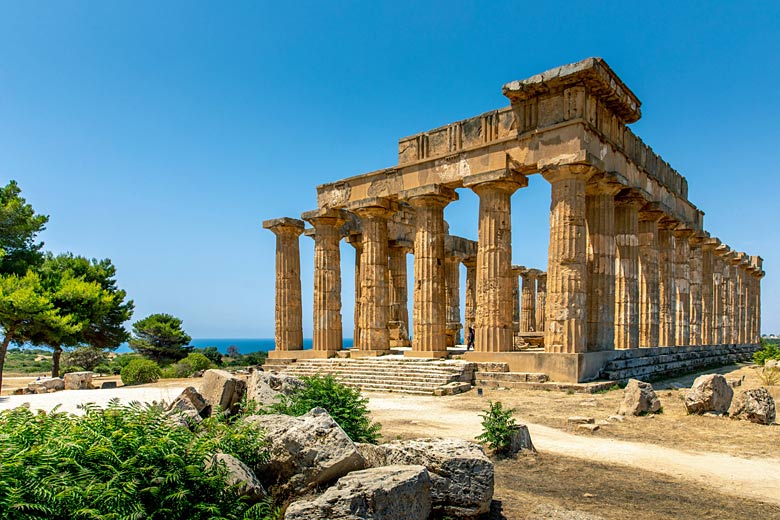
The legacies include the vaulting Greek temples of Agrigento and the impressive Roman mosaics of Villa Romana del Casale. In the capital of Palermo*, Arab-Norman architecture stands proud too. For the sheer range and eclectic nature of historic sites, Sicily takes the gong here.
Cities
Sardinia sports a proper raffish Mediterranean port city in its capital Cagliari*, its largest city. Cagliari has a buzz and an energy that makes a visit essential, as does the type of pizza only found there.
Round pizzetta sfoglia weaves a flaky pastry-style crust with a savoury filling, usually tomato sauce and cheese; if you're lucky salami too. Walking the medieval Castello district is a joy.
Alghero is alive with Catalan influences in its architecture and language while its old town is backed up by beaches. Sassari stars with its Baroque architecture, historic sites and museums.
Over on Sicily, Palermo is quite simply one of Europe's great cities. An assault on all the senses, you might feel like walking straight back out again when you arrive, but bear with Palermo and it will work its life-affirming magic.
The architecture, the food, the culture the people: all sublime. Catania* has Etna and Baroque architecture, including the iconic Cathedral of Sant Agata, while Syracuse offers Greek archaeological treasures. Both islands have great cities: Sicily has a world-class one in Palermo, so wins again.
Food
Given their Mediterranean location and Italian heritage Sardinia and Sicily have many similarities with their cuisines, but they also bring their distinctive delights to the table too.
It's hard to find bad food on either, whether it's homemade pasta or boat-fresh seafood. One delicacy in Sardinia is cheese; unsurprising, as there are said to be more sheep than people. Look out for deliciously creamy pecorino and not just the hard one that is exported; the soft, young wedges are a more subtle delight.
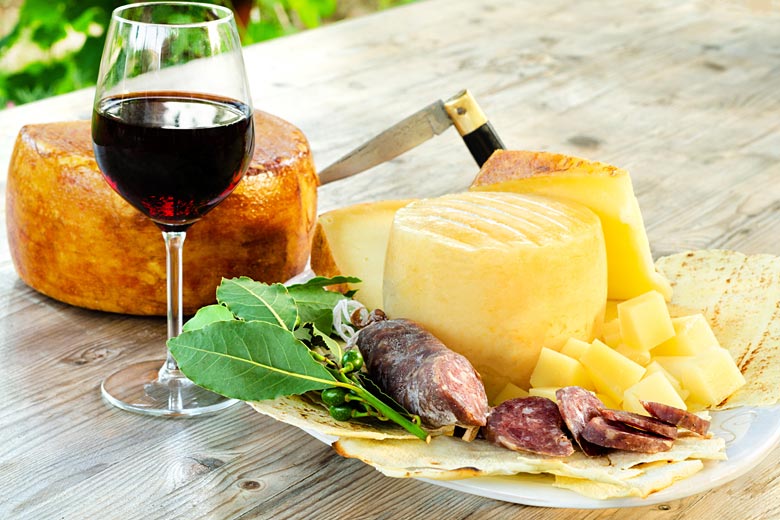
Sardinian dishes include bottarga (cured fish roe) and malloreddus (the local gnocchi made from semolina flour and water). In Sicily, moist, luscious arancini is a must, as are those famous wee sweet ricotta-filled treats, cannoli. The latter are best infused with the island's famous almonds and pistachios.
I'm genuinely torn here, so I'm going to have to call this one a very impressive, and deeply delicious, dead heat.
Wine
Both Sardinia and Sicily have long vinicultural traditions. Sardinia is also home to Europe's largest contiguous vineyard: Sella & Mosca in Alghero.
The island's Cannanou and Vermentino grapes come in single varietals but are also delicious in blends. Try the mirta digestif, a drink derived from the berries of the myrtle bush.
Sicily impresses with its indigenous grapes too, as well as more known global names. Some of the best wines hail from the spicy red Nero d'Avola and the crisp Catarratto and Grillo white grapes.
The volcanic wines from the slopes of Mount Etna are deliciously distinctive. Fortified Marsala is a popular digestif. It's another tie then on the wines, with two superb islands that are gloriously hard to separate.
Getting active
Sardinia is simply superb for hiking. You can hike its very own Grand Canyon at Gola di Gorropu, or take on a section or two of the 50 km-long Wild Blue Trail.
The Gennargentu mountain range is the place for rock climbing. Cycling adventures beckon too in those hills, as well as MTB and coastal trails. The windsurfing and kitesurfing are excellent too with Porto Pollo a world-famous destination, while the island is ideal for sailors with facilities to match.
In Sicily, there is nothing quite like hiking on Mount Etna. On the coast, it's all about scuba diving and snorkelling in the likes of the Aegadian Islands and the island of Ustica.
There are plenty of golf courses too, with Rocco Forte's Verdura Resort, a world-class golf destination that attracts devotees from all over the world, with the trip to Sicily alone worth it for golfers.
Compare weather
Use the graphs below to compare the weather in both destinations. Find out more about the weather in Sardinia and the weather in Sicily as well as conditions across the region in our complete guide to the weather in Italy.
Sardinia vs Sicily
- Maximum daytime temperature
- Hours of sunshine
- Days with some rainfall
- Monthly rainfall
- Sea temperature
Maximum daytime temperature (°C)
Hours of sunshine per day
Days with some rainfall
Monthly rainfall (mm)
Sea temperature (°C)
Found your favourite island? Browse the latest offers on holidays to both Sardinia and Sicily with TUI.
More about Italy
- Overview
- Best time to visit
- Weather by month
- 5-day weather forecast
- Destinations
- Travel advice
- Deals & discounts
Italy by month
Jan Feb Mar Apr May Jun Jul Aug Sep Oct Nov Dec
Explore holidays in the sun for less
- Beach holidays
- Family holidays
- City breaks
- Summer holidays
- Winter sun holidays
- Holiday offers
- Top travel brands
- Airlines & flights
- Discount hotels
- Airport parking deals
- TUI
- Jet2holidays
- easyJet holidays
- Love Holidays
- January sales
Airport parking
- Manchester Airport
- Stansted Airport
- Bristol Airport
- Luton Airport
- Birmingham Airport
- Edinburgh Airport
- Gatwick Airport
- Glasgow Airport
- Newcastle Airport
Airport lounges
- Manchester Airport
- Birmingham Airport
- Bristol Airport
- Edinburgh Airport
- Glasgow Airport
- Heathrow Airport
- Newcastle Airport
- Stansted Airport
- Gatwick Airport
Be inspired
Get your weekly fix of holiday inspiration from some of the world's best travel writers plus save on your next trip with the latest exclusive offers
We promise not to share your details











